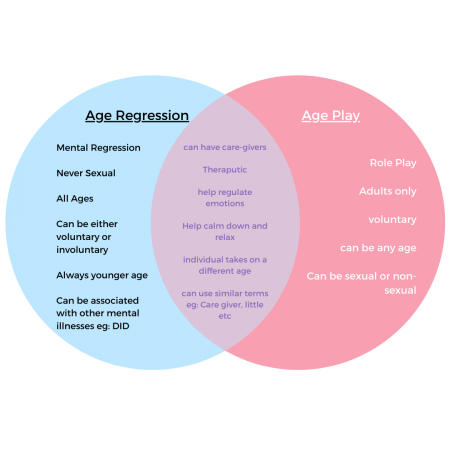Age Regression
Age regression is a phenomenon in which an individual psychologically returns to a mental state that is younger than their current age. This can range from a few years younger to infancy. Regression can be voluntary or involuntary. When voluntary, it is often used as a way of dealing with past traumas and managing stress in age regression therapy. When involuntary and can be associated with other mental health conditions.
Age Regression as Therapy
Voluntary age regression is a form of therapy in which a person is guided by a therapist to mentally go back in time to a period of their life that may have been difficult in order to gain insight and understanding into their current issues. By revisiting these past experiences in a safe and controlled environment, the person can gain insight into how these experiences have impacted their current behavior, beliefs and emotions. Through voluntary age regression, the person is able to gain a better understanding of their current issues, which can help them to develop healthier coping mechanisms. Additionally, they may gain insight into how to make better decisions in the future and how to better handle difficult situations. This type of therapy can be effective in helping a person to overcome trauma, address deep-seated emotional issues, and ultimately lead a healthier life.
Hypnotherapy can be used as a technique to allow for age regression and to help a person access past memories and experiences. It is used as a tool for exploring the root of a person’s current issues and for uncovering repressed memories, emotions, and behaviors. It is a form of guided imagery that can help a person access memories from their childhood or early life, allowing them to understand and work through the underlying issues that are causing them distress in their present life.
Involuntary age regression is a phenomenon in which an adult temporarily reverts to a younger age, either emotionally, behaviorally, or cognitively. It can occur in response to a stressful or traumatic event, or as a symptom of a mental health disorder such as post-traumatic stress disorder (PTSD) or dissociative identity disorder (DID). Age regression can involve emotions, behaviors, and even physical sensations associated with childhood. For example, an adult may feel overwhelmed with fear and anxiety and revert to a childlike state, crying and clinging to a parent for comfort. Or, an adult may engage in behaviors or activities that are typically associated with childhood, such as playing with toys or talking in a high-pitched voice. Age regression can also involve physical sensations such as a racing heart or tightness in the chest, which may be associated with fear or anxiety.
Some people may intentionally regress to a younger age in order to cope with stress and worry. This can also be done to avoid difficult situations or personal issues.
Age Regression and Age Play
Age regression and age play are two distinct forms of practices that involve an individual being a different age. However, despite the similar name, there are several key differences between the two.
Age regression involves assuming the mental and emotional state of a younger person, usually a child. This type age manipulation can occur in a person at any age and can either be voluntary or involuntary. In cases of both voluntary and involuntary regression it is used for therapeutic purposes, such as resolving past traumas or exploring the root of adult emotional issues. Age regression is often practiced with the assistance of a therapist or coach, and the focus is on personal growth and self-exploration and is never sexual in nature.
On the other hand, age play is a form of BDSM role-playing that involves adults taking on the roles of different ages, typically children or teenagers. Age play is primarily focused on sexual fetish and fetishistic gratification, and the submissive partner typically takes on a submissive role, such as a "schoolgirl" or "little", but can also be used for therapeutic reasons. In age manipulation in BDSM, it is always consenting adults.
It is important to note however, with age regression, even when it involves adults, it is never sexual because the individual mentally regressing does so usually to the age of a minor, and therefore are unable to give consent while regressed.
This venn diagram outlines clear distinctions and similarities between the two and why there can sometimes be confusion and use of similar terms between “SFW” age regressors and those who participate in age play:
While age regression and age play both involve age manipulation, they are distinct practices with different goals, focuses, and age differences. It is important to understand these differences when talking about age regression and age play.
Social Media and the issues with cross-tagging
Because age regression can occur at any age, while age play is specific to consenting adults, cross-tagging in social media can become a problem and cause harm to those who mentally regress.
Why? Because mental regression (age regression) isn’t kink and cross-tagging in social media associated with age regression/ mental regression when talking specifically about age play and kink can mean:
- You are unintentionally engaging minors on your platform through hashtags;
- You are making kink synonymous with genuine therapy treatment and with mental illness;
- You are adding to the negative stigma that age regression is age play and is therefore kink (even with minors).
For those who are in the age regression community, it is extremely important that there is a distinction between age regression (mental regression) and age play in social media and cross-tagging between the two is considered unacceptable and damaging.
When posting social media content it is important to make sure that you use tags which are distinct for the content,
For example, age play/kink related posts (nsfw, age play or designed for those over the age of 18) you should refrain from using tags such as #agereg #ageregression #agere #cglre #sfw
Final takeaways
Age regression is a phenomenon when someone mentally reverts to a younger age. It can manifest in the form of childish behavior, and can be done voluntarily or involuntarily. It can be a coping mechanism to handle stress, or it can be a symptom of a mental health condition, such as dissociative identity disorder or PTSD. It is also sometimes used as a therapeutic technique, though it is a controversial practice.
It is different to age play which is a kink or fetish associated with consenting adults and those who both undertake age regression and kink need to be mindful of how they post content on social media to protect minors and others in the age regression community.
If you notice signs of age regression, you should speak to a healthcare provider for more information.


